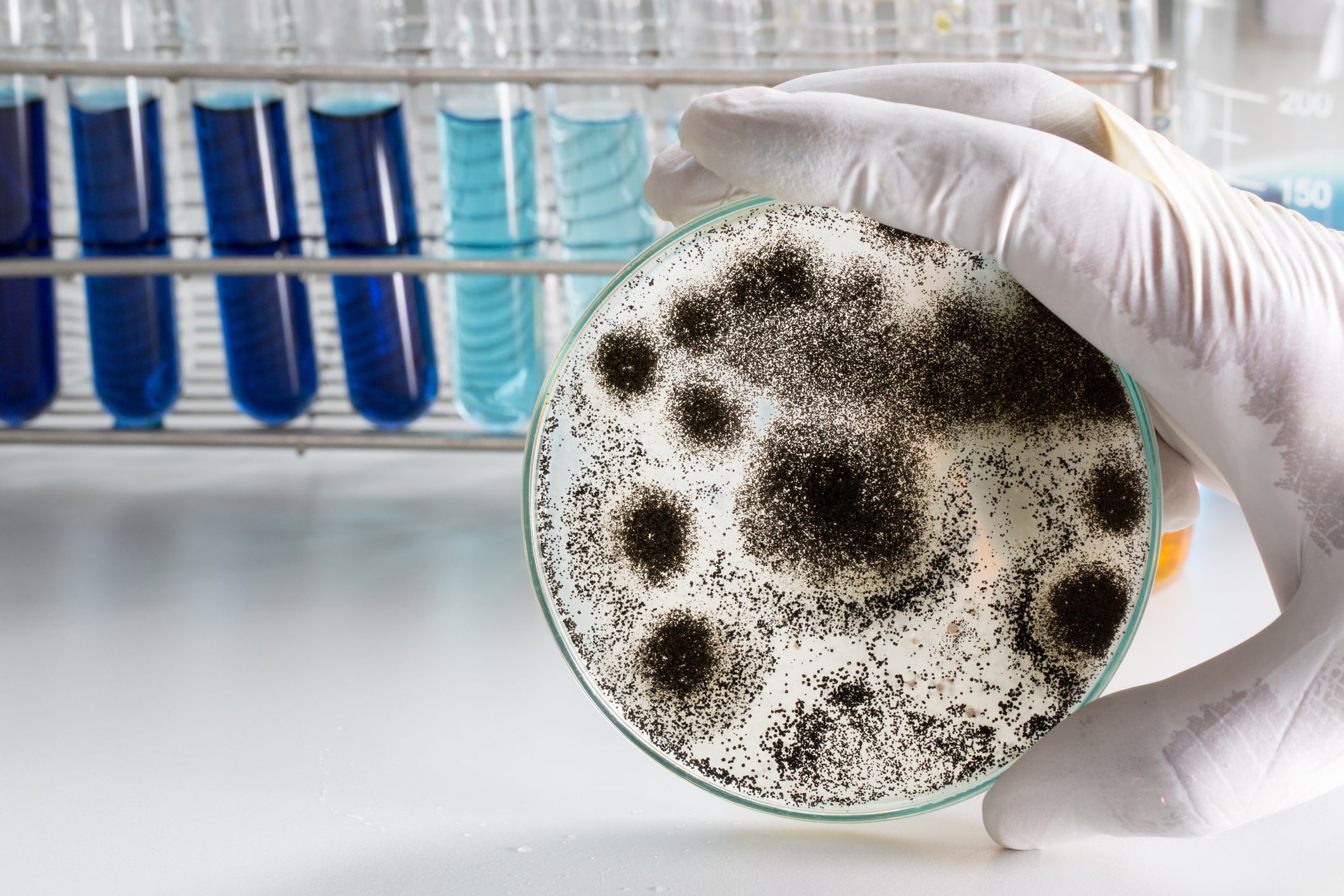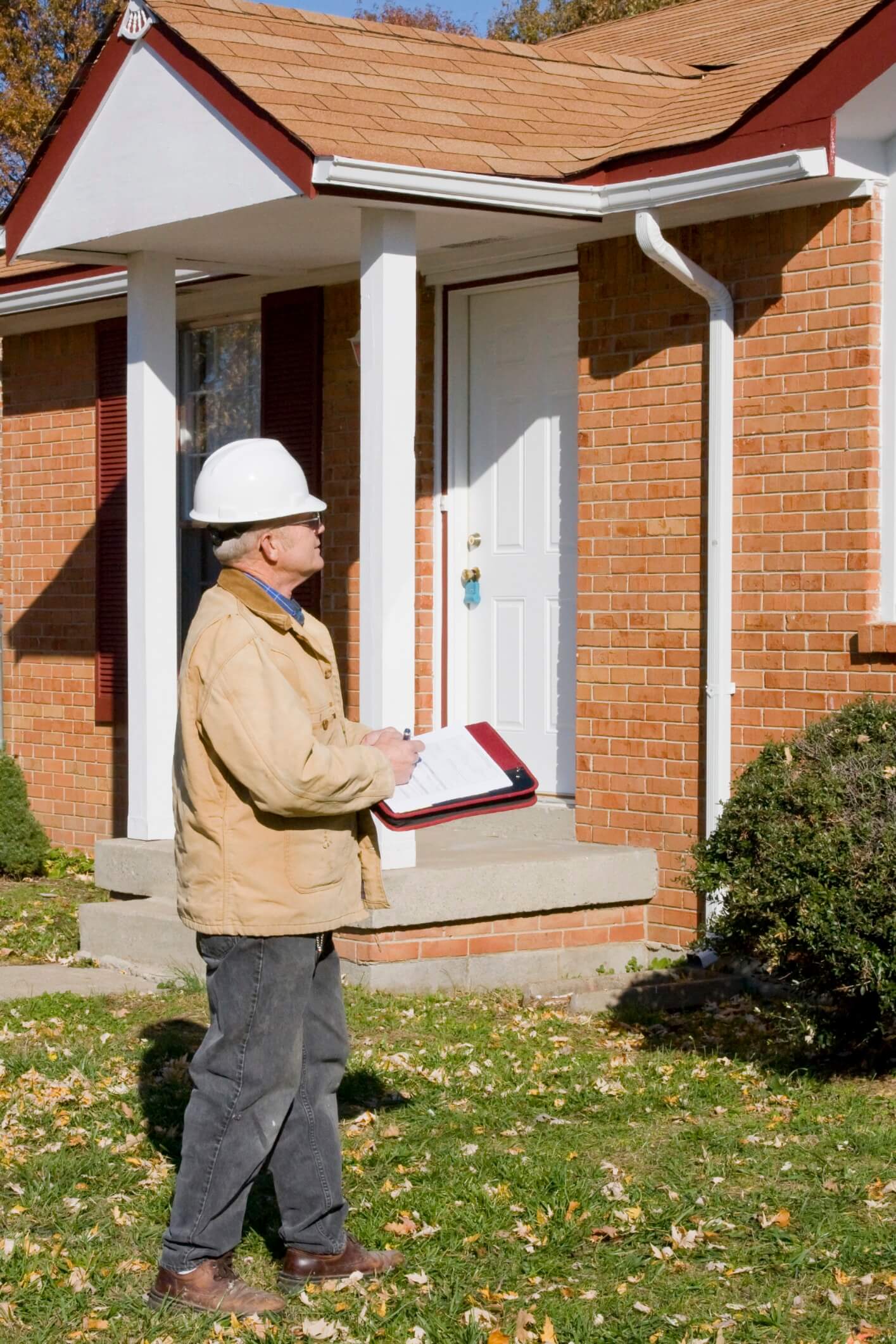Everything You Need To Know About Home Inspections
Good Reasons To Get A Home Inspection In Maryland Whether You Are Buying Or Selling
For most people, a home is the largest single investment they will ever make. Consequently, many buyers understand that it is a smart idea to get a home inspection before they sign the title so they know what they’re getting into. However, an inspection is also a smart idea for sellers, too.
Commercial Soil Testing And Other Useful Services In Maryland
MD Mold Testing in Maryland offers a wide range of useful services, from home inspection to commercial soil testing. We can give you the information you need to make an informed decision. For more information about our services, Call Us At 301-717-1454 Today!
A professional home inspection can identify major problems that need to be dealt with. This can protect potential buyers from getting into a mess, and it can also help sellers identify and fix problems before putting their home on the market.
Maybe there are pollutants in the air, like radon, or maybe there are instabilities in the soil. The buyer or seller might not even know what to look for, but a home inspector can point out potentially dangerous and expensive problems.
Health risks, safety risks, damage or wear that might affect the structural integrity of the building—these are the kinds of signs that an inspector will target. This allows buyers to make informed decisions, and it lets sellers fix major problems before they spoil a sale.
Some of the factors that inspectors will look for are problems that will require major repairs, the age of certain building components, maintenance issues and health hazards. In regard to the exterior of the home, this might include property drainage, the condition of the walls and foundation, the quality of decks and porches, as well as windows, doors, and the roof and chimney.
Interior inspection will assess plumbing, waterproofing, wood rot, floors and beams, ceilings and ventilation. In the end, the buyer or seller will have a fairly clear picture of exactly what the major problems are with the structural components of the house, so any problems can be corrected.
This is always preferable to surprises, and inspections protect buyers from the remorse that comes with discovering a major defect or repair need after the sale has already taken place.
Ensure Your Potential Home Is Worth The Investment By Scheduling A Home Inspection
If you are in the process of purchasing a home, your real estate agent and mortgage lender have probably already shared the importance of having a home inspection. Your home is likely the most expensive investment that you will ever make, so you want to make sure it’s a smart decision.
While a home may not have any visible issues, such as cracks in the wall or noticeable water damage in the kitchen or bathrooms, it could have an unforeseen crack in the foundation or water damage in the walls. Homes require constant maintenance, and if they have been neglected for any period of time, you may have costly impending repairs that you were not expecting.
The good news is that most real estate contracts can be negated upon findings during home inspections during a specified time period. So, if you are entering into a contract, be sure to schedule a home inspection as soon as possible.
Buying a Home? These Are the Types of Home Inspections You Should Consider to Protect Your Investment
Congratulations, you’ve put in an offer on a home! Now it’s time to get your home inspection done. Not having your new home inspected can cause serious issues down the line.
If you are trying to figure out what home inspection types you should consider, then you’ve come to the right place. We will cover some of the common ones in this post. Keep reading to learn the types of home inspections you can get to make sure the house is in working order.
Types of Home Inspections
You can get a general home inspection, but there isn’t a guarantee that it will catch a more serious issue. A general check will only cover a surface level inspection of the home. If you want to go deeper, then consider getting one of the following inspections.
Termite and Pest 
Damage caused by infestations can leave behind a wake of destruction. Unfortunately, a general inspection won’t catch these as they aren’t specific enough for their examinations. A pest inspection will look for the particular damage caused by pests which may include structural damage.
Chimney 
If you have an older chimney, then it may have foundational problems. An inspector will be able to tell you if the brick is crumbling and if flue liners are installed. A flue liner will help protect the chimney and make it more resistant to heat and sparks, helping it prevent damage to your home.
Foundation
A foundation inspection will inform you of any structural problems with your home foundation. It will find any cracking, slipping, or water seeping into the home.
 Heat and A/C
Heat and A/C
When your HVAC system malfunctions it isn’t always an easy or inexpensive fix. If your general inspection reveals a problem with the unit, you will need to get a more specialized inspection to find the root problem.
Roof 
The older the roof is, the more cause for getting it inspected. Your roof can take a beating from the weather and damage isn’t always apparent. Additionally, if your roof is passed the average lifespan for a roof, an insurance company may require this or require a new one.
 Asbestos
Asbestos
Asbestos has been shown to be a major health hazard. A common belief is that a general inspection will test for asbestos. Because Asbestos is typically found within the building material in your home, a separate inspection for it should be scheduled. The technician will check the most common areas in which Asbestos is found- which may include insulation, roofing, vinyl floors, siding, and more.
Radon 
Radon is a source of radiation found in soil in some locations. It is relatively easy to treat. Radon gas can make its way into your home through cracks in your foundation. If your home is found to have Radon present, you may want to have an inspection done on the foundation.
 Mold
Mold
Surface level mold isn’t hard to spot, but it can also grow inside walls and other places that aren’t easy to find. Specific mold tests need to be run to find any hidden mold. Proper testing can detect mold under paint, carpeting, and behind walls.
Don’t Deal with It Later – Get a Home Inspection Today
Now that you know the types of home inspections that are available you can start scheduling your appointment. Don’t skip this step. It may seem like more work, but it can save you in the long run.
Where the Cost of Your Home Inspection Goes
Ever wondered where the fee for a home inspection actually goes? A home inspection is a very powerful tool that’s available to every homeowner and potential buyers to find out the state of a home in-depth. Here is a list of items the fee goes towards during the home inspection:
- Equipment and tools: the inspector will need a number of tools such as a ladder, flashlight, screwdriver, an electrical tester, mold test kit, asbestos test kit and so on. This equipment can be expensive and cannot be compromised on because they ensure an in-depth home inspection is completed.
- Experience and education of the inspector: the inspector coming to carry out the home inspection must pay money to get an education to be certified as a professional. Also, they must keep up to date with the latest methods of home inspection to stay competitive and fully certified.
- Lab analysis: sometimes samples might have to get sent over to a lab for further inspection. The equipment and expertise required to complete these tasks must be paid for. They are well worth it as test results can reveal a lot about the home in question.
Ensure Your Home’s Air Quality Is Clean, Healthy, and Mold-Free
Mold testing can be life-saving! A simple black mold test can keep negative symptoms away. Exposure to mold leads to a variety of health issues and concerns.
You wouldn’t want to be living in a damp and moldy area, much less our children. The best way to know whether your home contains mold is testing. We’re going to walk you through ensuring your home air quality is top-notch!
Deciding If Mold Testing Is Right for You
To know if a mold inspection is right for you, you’ll need to ask yourself a few questions. If you’ve seen obvious and visible mold growth, then yes, you’ll want to bring in an expert. They’ll suggest the best ways to remove the mold in a safe way.
If you walk into your house and it smells like mold, but you can’t see any obvious dark spots, call in an expert. You may have mold growth that you can’t see. This is especially dangerous because it’s invisible to you.
Despite its invisibility, mold is still harmful. That’s because mold is a fungus that’s toxic for human beings. The little spores travel up your nose and into your lungs.
They latch on and don’t let go, causing many breathing issues that can be life-altering.
Impacts of Black Mold Air on the Body
We know that mold is destructive for the human body, but let’s delve deeper. Exposure to black mold can cause life-changing symptoms, impacting your quality of life. Some of these negative symptoms include:
- Coughing or throat irritation
- Eye issues [dry eyes, irritation]
- Congestion
This does not include symptoms of prolonged exposure. That means these symptoms could worsen and progress into illness or disease. You and your family are precious and priceless.
Making the investment in clean air is worth it! You’ll be able to breathe easy knowing you’re taking the right steps toward a better future in 2019.
How to Stop Black Mold From Taking Over
Now that we understand that black mold is damaging, there are ways you can stop it. Since mold is a fungus, we know that it’s going to love humid and warm temperatures. The perfect growing place is the bathroom.
When you close the door for a hot steamy shower, the humidity builds up and can lead to mold. If your bathroom is in the basement, consider installing an air vent. The right ventilation will balance humidity levels and stop mold growth.
If you notice a few black dots, you may try to scrub them with bleach and a brush. Remember that mold is a tough fungus, so you may need to recruit the experts.
Hiring Residential Inspection Services in Maryland
Whether you are planning to buy a new home or you are planning to buy an existing home (old home) in Maryland, you need the services of a residential Inspection Services in Maryland.
Many homeowners especially buyers of older homes most often forget to perform the home inspection. Some homeowners don’t even know they require a home inspector before purchasing their homes.
If you buy a home without having it inspected by the Residential Inspection Services in Maryland, you are only relieving the seller from liability with any repairs, and putting yourself into wasteful spending.
The house inspectors are inspecting More than 2500 different items, and it is only the professional that can do this effectively. The Residential Inspection Services in Maryland will thoroughly evaluate all systems of the house from the roof to the basement or crawlspace.
In fact, each area of Maryland is different, so if buying a home, it is important to work with a reliable residential inspection specialist who has experience in the Maryland area. Keep it local and hire a home inspector to provide inspection on your next house or investment property. Every area has its set of issues related to the weather and climatic conditions alone.
To get a proper home inspection, you need an experienced full-service home inspection provider in Maryland with many years of inspection experience with prompt service delivery to perform your home inspection for you. A provider who has a vast experience and offering extensive services such as environmental testing including indoor air quality, radon, asbestos, mold clearing, soil, water & lead testing.
If you are a resident of Maryland, Washington D.C., Virginia, Delaware, etc. and in need of Residential and Commercial Inspection Services in Maryland and other areas around, do not hesitate to visit www.mdmoldtesting.com for perfect work.

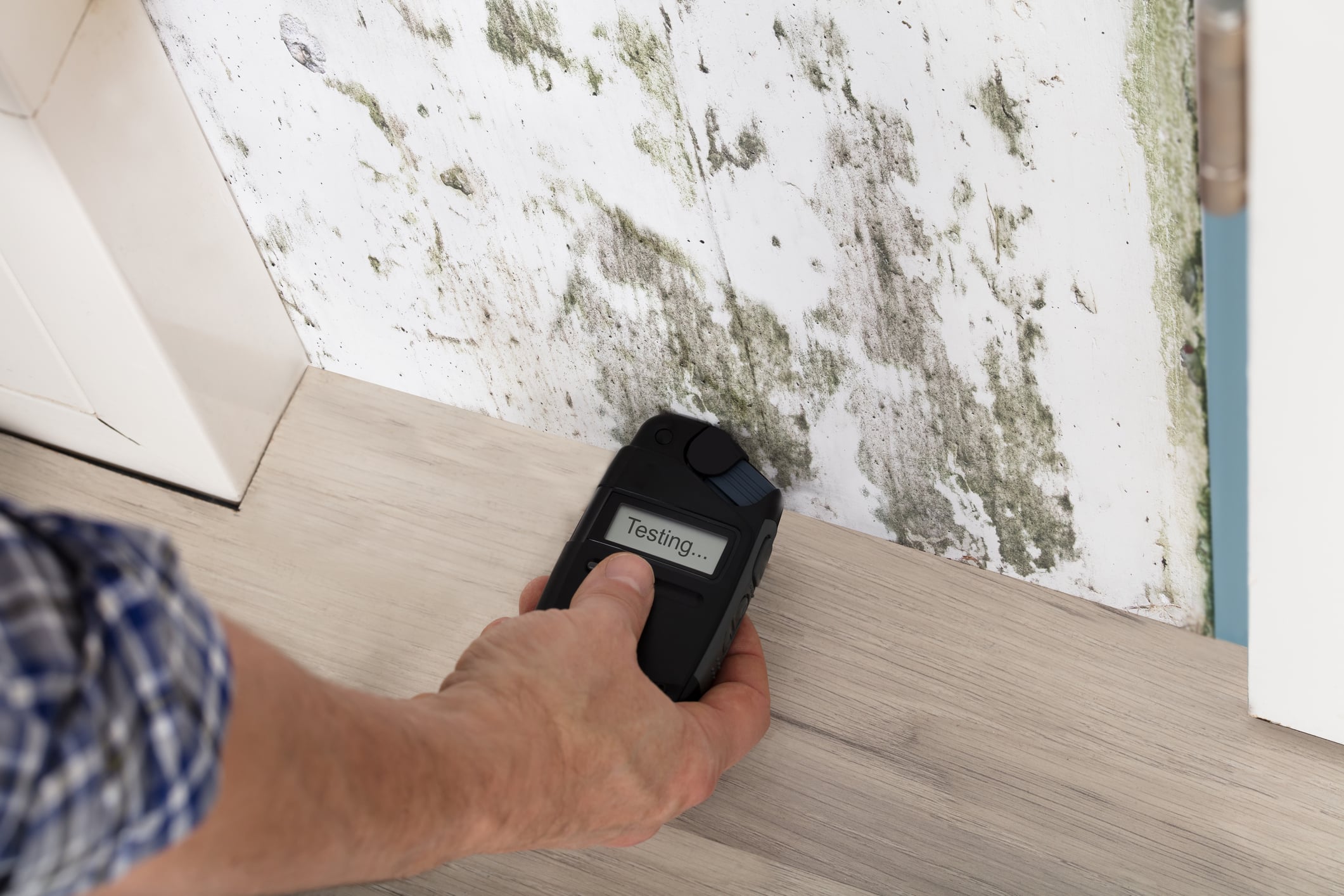
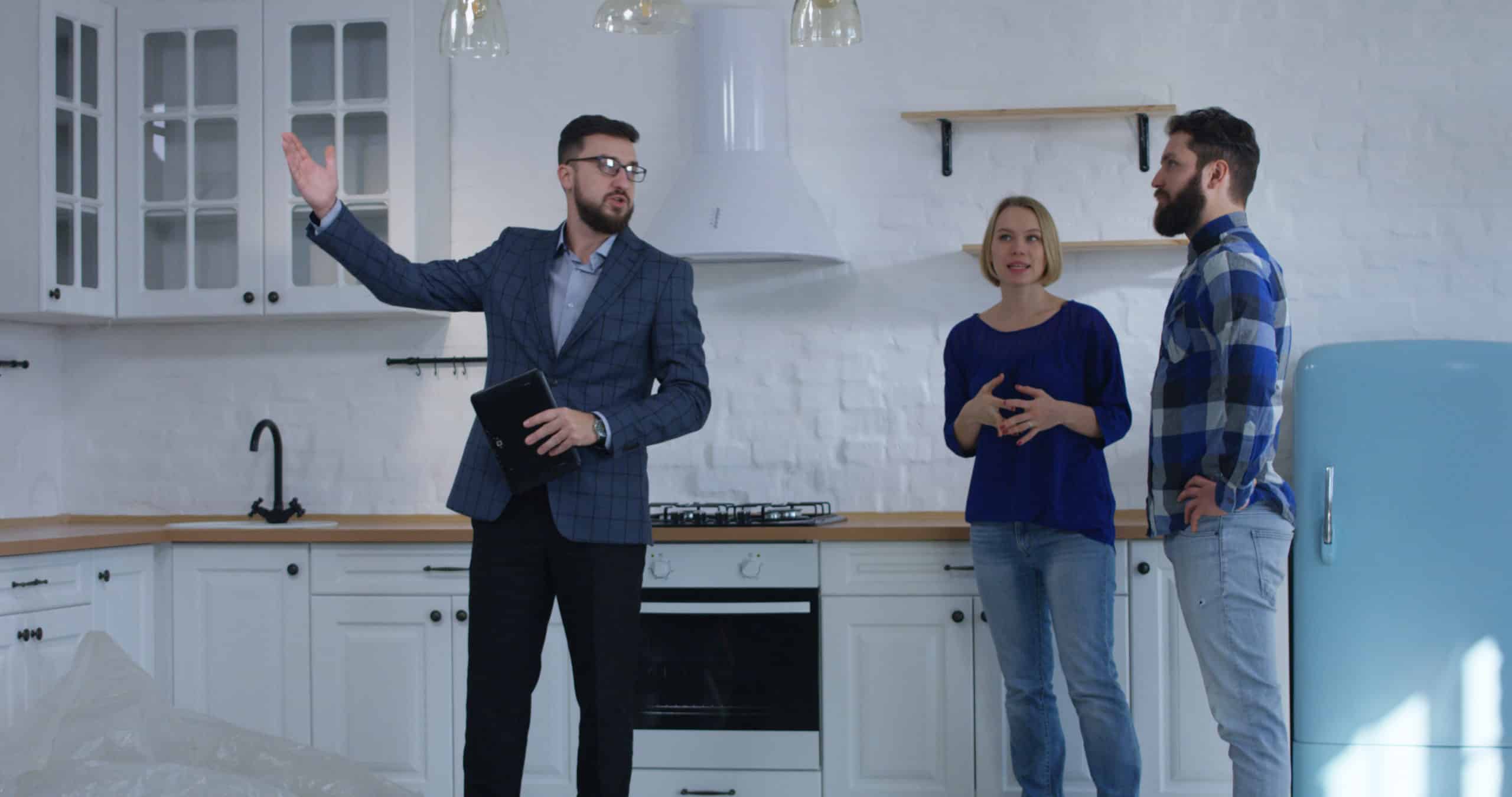
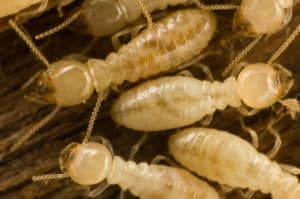
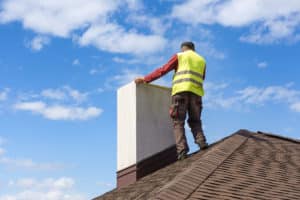
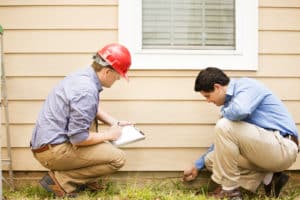
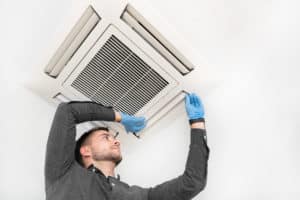 Heat and A/C
Heat and A/C
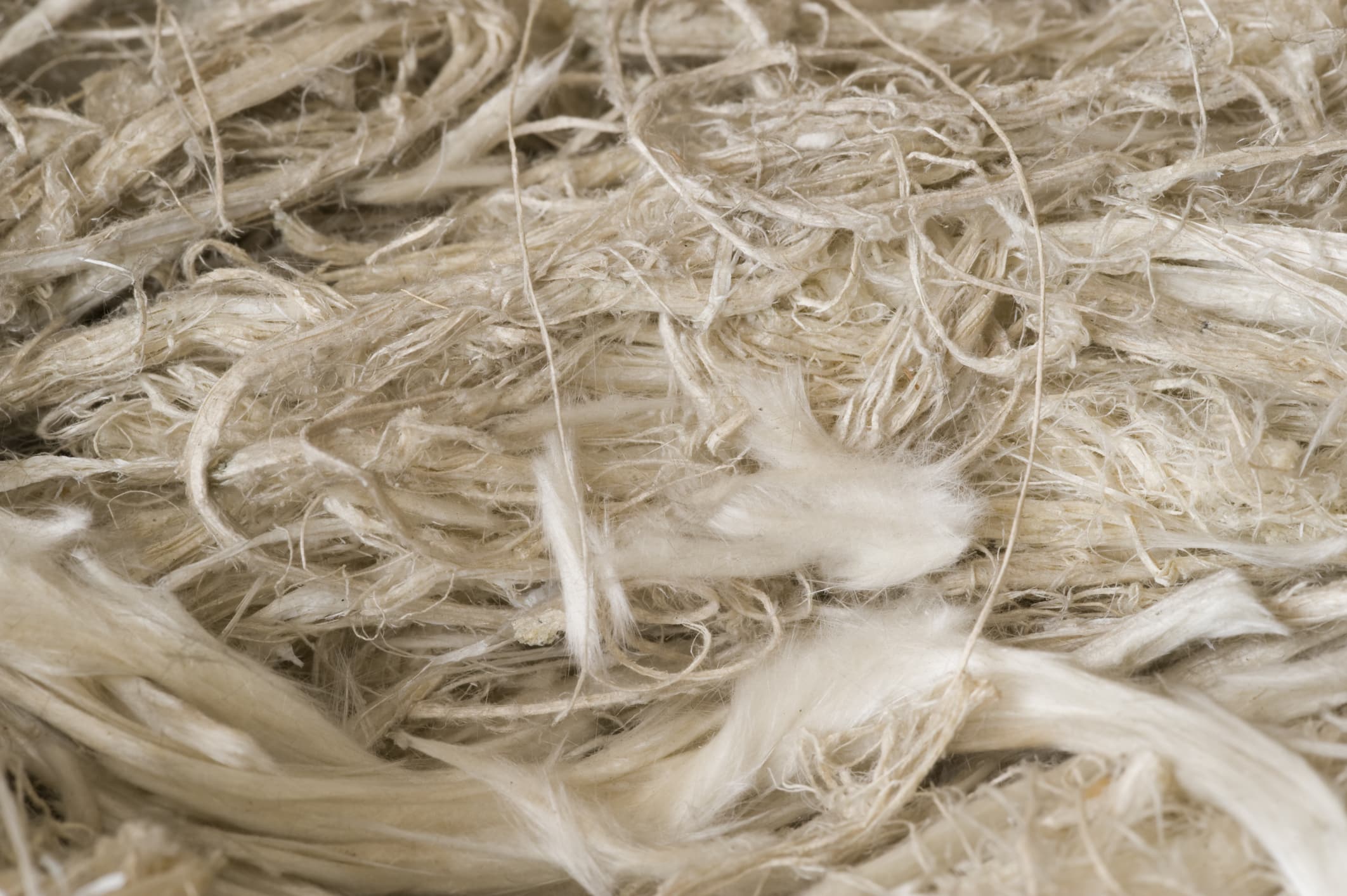 Asbestos
Asbestos
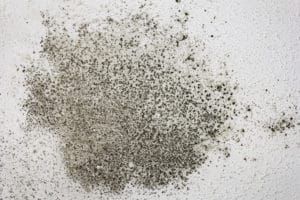 Mold
Mold